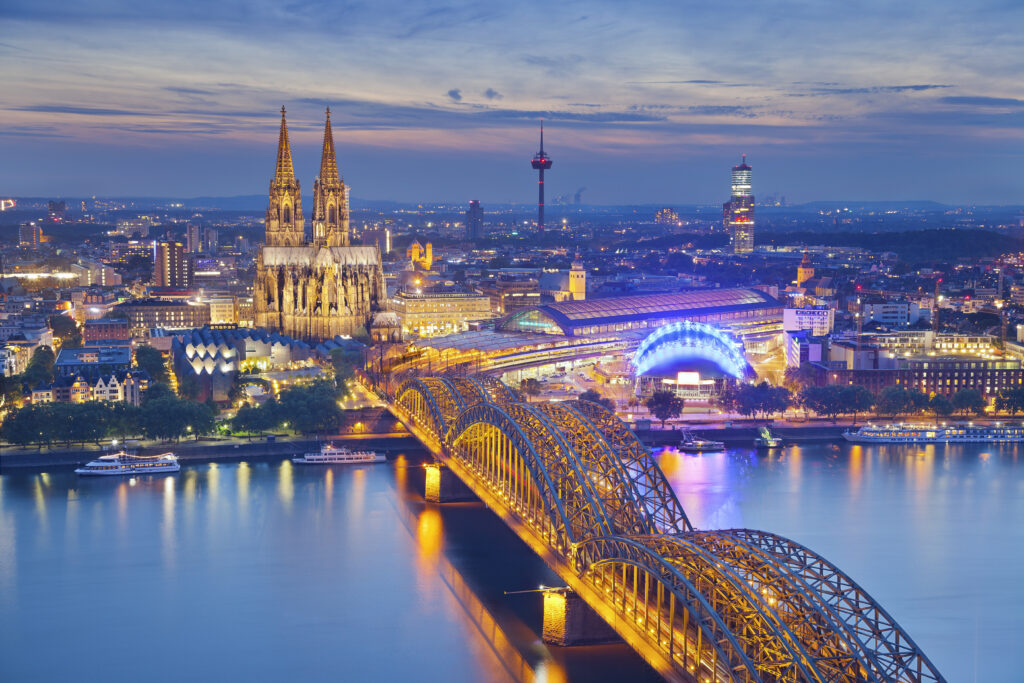On March 6, 1945, American troops captured the city of Cologne in western Germany. This was a significant victory for the Allied forces, as Cologne was a major industrial and transportation hub, and its capture paved the way for further advances into Germany.
The capture of Cologne came after intense fighting, which saw the city heavily bombed by Allied aircraft. The German defenders put up fierce resistance, but were eventually overwhelmed by the superior firepower and numbers of the American forces.
However, the same day as the capture of Cologne, the German army launched Operation Spring Awakening, their last major offensive of World War II. The offensive was aimed at retaking Hungary, which had been occupied by Soviet forces.
Despite initial gains, the German offensive was ultimately unsuccessful, as they were unable to break through the Soviet lines. The offensive also drained Germany’s already depleted resources, and weakened their ability to defend against the advancing Allied forces in the west.
The capture of Cologne and the failure of Operation Spring Awakening were significant events in the final stages of World War II. They demonstrated the increasing strength and momentum of the Allied forces, and marked a turning point in the war. Within weeks, Germany would surrender, bringing an end to the deadliest conflict in human history.
References:
https://www.nationalww2museum.org/war/articles/ruins-cologne




